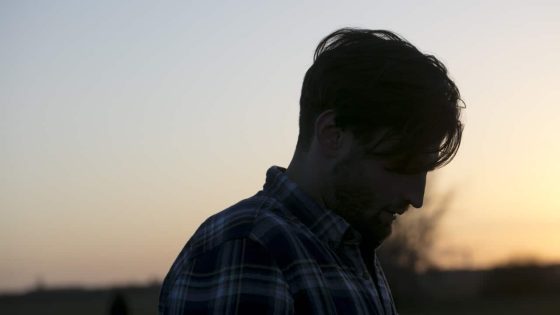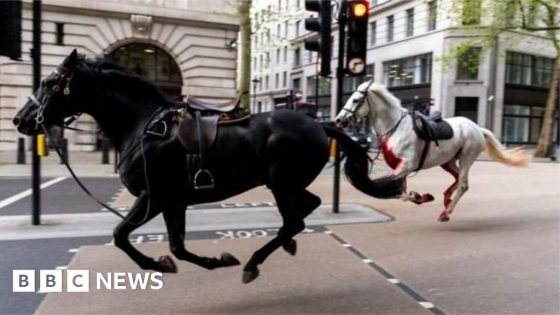For Melburnian Peter Gallagher, being diagnosed with a chronic heart condition ten years ago was life-changing, in more ways than one.
Before his health deteriorated in 2014, his phone would be “constantly ringing”, and he was highly active in his community.
“I’d be lucky now if it rings a dozen times a week,” Gallagher told SBS News.
“You do kind of end up just with this silence that’s always around you.”
It’s a feeling shared by many Australians, on a condition that isn’t widely spoken about.
One in four Australians report feeling lonely — a constant feeling of not having the connection or companionship a person may want and need.
Where are Australians most lonely?
Almost one-third of people feel ashamed of being lonely, while half are embarrassed and conceal their feelings of loneliness from others, Ending Loneliness Together’s 2023 national snapshot found.
The organisation also found Victoria, Tasmania and the Northern Territory are some of Australia’s loneliness hotspots.
Ending Loneliness Together CEO, associate professor Michelle Lim says loneliness has serious health impacts and increases chances of an earlier death.
“This issue is no longer seen as a ‘soft’ issue,” she said.
“It’s now repositioned as the next global health priority that we all need to address.”
Who is most vulnerable to loneliness?
Young people, as well as those with or mental health conditions are some of the more vulnerable to this issue.
People from culturally and linguistically diverse backgrounds are also about 1.5 times more likely to experience persistent loneliness, according to Lim.
Other demographic groups, such as people with autism, are also more likely to experience loneliness, research suggests.
Josh, who is on the spectrum, and didn’t want to give his surname, says neurodiverse people often don’t understand non-verbal social cues, and that results in them being ignored or excluded.
The very environments where socialising often takes place can be a challenge for some autistic people, who may be overwhelmed by the noise, he said.
“The pattern out there is we just have to conform to this — for instance, being comfortable in a noisy cafe and hanging out with a group of people — and there’s a kind of ostracism involved in sticking your hand up and going, ‘This is really hard for me; can we do it a bit differently?'”
Vicki Gibbs, head of research at the Aspect Research Centre for Autism Practice, said that, in addition to facing stigma and discrimination, people with autism are more likely to be excluded from school, have trouble finding jobs, and encounter difficulties participating in physical activities.
“And all of this means that they’re not having the same opportunities that non-autistic people do,” Gibbs said.
Does Australia need a minister for loneliness?
The world’s first by then prime minister Theresa May.
Australia hasn’t followed that lead — although — but the federal parliament does have a .
Assistant Health Minister Ged Kearney says the government intends to do what it can.
“We need to make sure that people feel connected — they feel connected at work, at school, in their community,” Kearney told SBS News.
“And these are things that the Australian government feels very strongly about correcting.”



